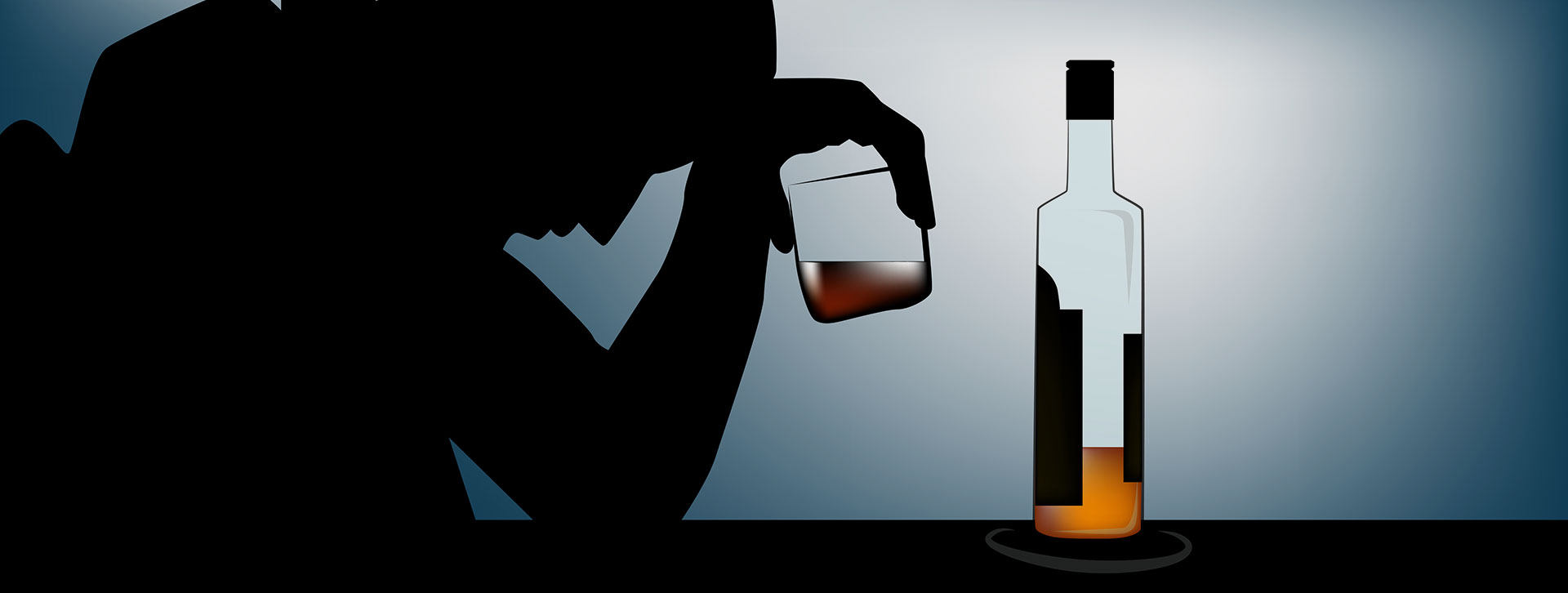Mother’s Day is a time when many celebrate the love, sacrifices, and support of maternal figures in their lives.
However, for families affected by addiction, Mother’s Day can evoke a range of emotions, from joy and gratitude to pain and sorrow. In this article, we explore the intersection of Mother’s Day and addiction, examining the complexities of family dynamics and offering insights into supporting mothers and families on the journey to recovery.
Understanding the Impact of Addiction on Mothers and Families
Addiction is a chronic and complex disease that not only affects the individual struggling with substance use but also reverberates throughout their family system. Mothers grappling with addiction face unique challenges, including stigma, shame, and societal expectations of motherhood. The compounding stressors of addiction can strain familial relationships, disrupt communication, and erode trust, creating a ripple effect that permeates the lives of all family members.
For children of mothers with addiction, Mother’s Day can be a bittersweet reminder of the complexities of their relationship. While they may cherish fond memories of their mother’s love and nurturing, they may also grapple with feelings of anger, disappointment, and loss. The impact of addiction on family dynamics can manifest in various ways, from fractured bonds and strained interactions to feelings of guilt and resentment.
Supporting Mothers and Families Affected by Addiction
On Mother’s Day and beyond, it’s essential to approach the topic of addiction with empathy, compassion, and understanding. Here are several ways to support mothers and families affected by addiction:
- Foster Open Communication: Create a safe and non-judgmental space for mothers and family members to share their thoughts, feelings, and experiences related to addiction. Encourage honest and open dialogue, validate their emotions, and listen with empathy and compassion.
- Provide Resources and Support: Connect mothers and families with resources and support services, such as counseling, support groups, and addiction treatment programs. Offer guidance on navigating the complexities of addiction, accessing treatment options, and building a strong support network.
- Practice Self-Care: Encourage mothers and family members to prioritize self-care and well-being. Emphasize the importance of setting boundaries, practicing self-compassion, and seeking support for their own mental health needs.
- Celebrate Milestones and Progress: Acknowledge and celebrate the achievements and milestones of mothers and family members in recovery. Whether it’s achieving sobriety, completing a treatment program, or rebuilding relationships, every step forward deserves recognition and encouragement.
- Address Stigma and Shame: Challenge the stigma and shame surrounding addiction by promoting empathy, understanding, and acceptance. Educate others about the complexities of addiction, advocate for compassionate policies and practices, and foster a culture of support and inclusivity.
- Cultivate Resilience and Hope: Empower mothers and families to cultivate resilience and hope in the face of adversity. Encourage them to focus on the strengths and resources within themselves and their support networks, and remind them that recovery is possible with perseverance, support, and determination.
Mother’s Day serves as a poignant reminder of the profound impact maternal figures have on our lives. For mothers and families affected by addiction, navigating the complexities of this relationship can be both challenging and transformative. By fostering open communication, providing resources and support, practicing self-care, addressing stigma and shame, celebrating milestones, and cultivating resilience and hope, we can support mothers and families on the journey to recovery and healing. This Mother’s Day, let us honor and uplift all mothers, recognizing their strength, resilience, and unwavering love, even in the face of adversity.
 Blog
Blog








